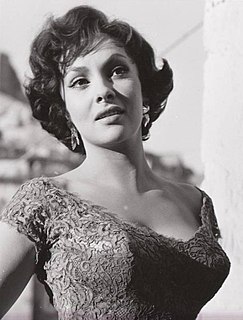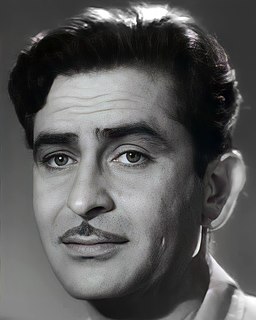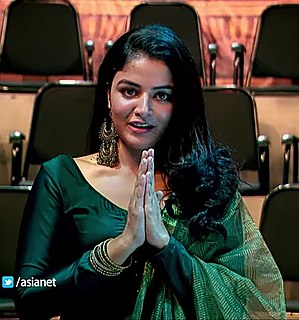A Quote by Gina Lollobrigida
My cinema - the '50s, '60s - is different from the cinema today so I thought that it would not be bad to show that kind of cinema where we could dream.
Related Quotes
I think Hollywood has gone in a disastrous path. It's terrible. The years of cinema that were great were the '30s, '40s, not so much the '50s...but then the foreign films took over and it was a great age of cinema as American directors were influenced by them and that fueled the '50s and '60s and '70s.
I was seduced by the nouvelle vague, because it was really reinventing everything. And the Italian cinema that one would see in the theaters in the late '50s, early '60s was Italian comedy, Italian style, which, to me, was like the end of neo-realism. I think cinema all over the world was influenced by it, which was Italy finding its freedom at the end of fascism, the end of the Nazi invasion. It was a kind of incredible energy. Then, late '50s, early '60s, the neo-realism lost its great energy and became comedy.




































